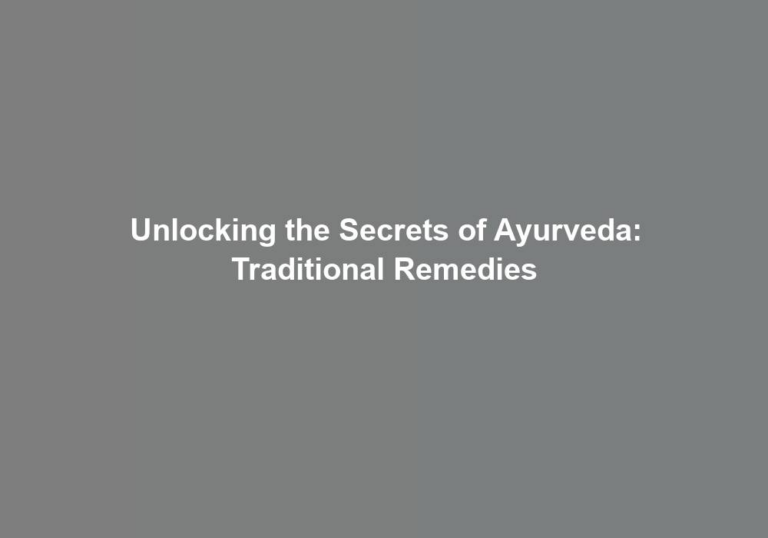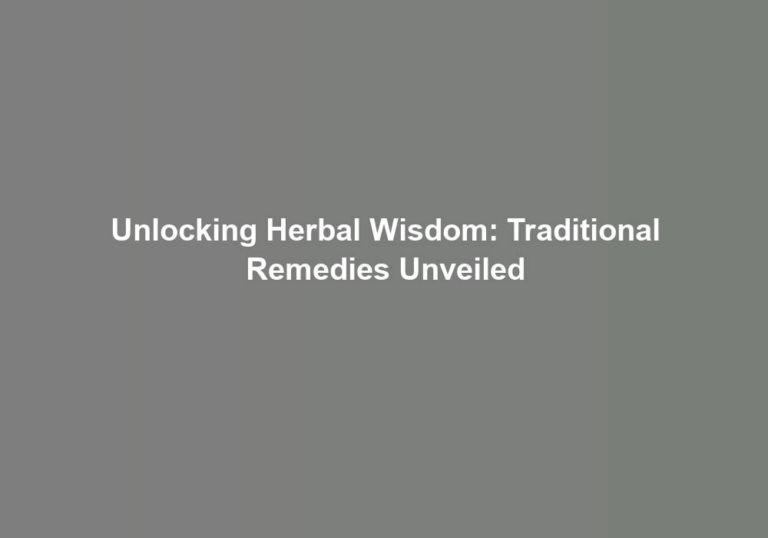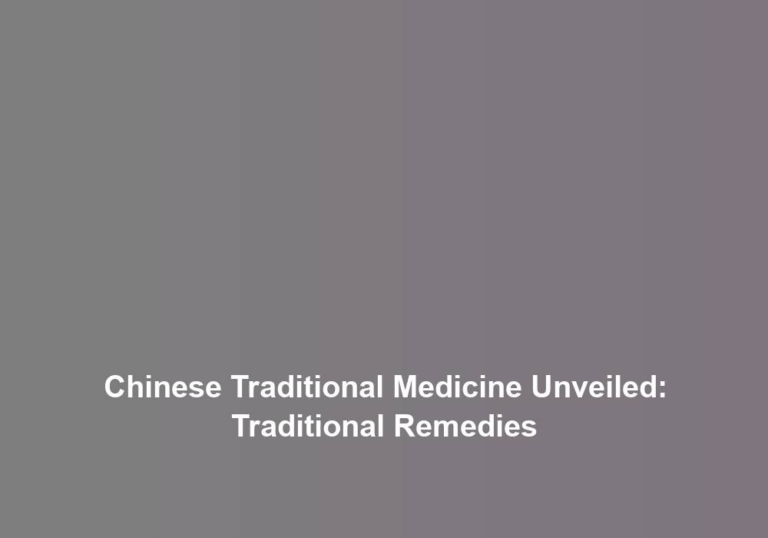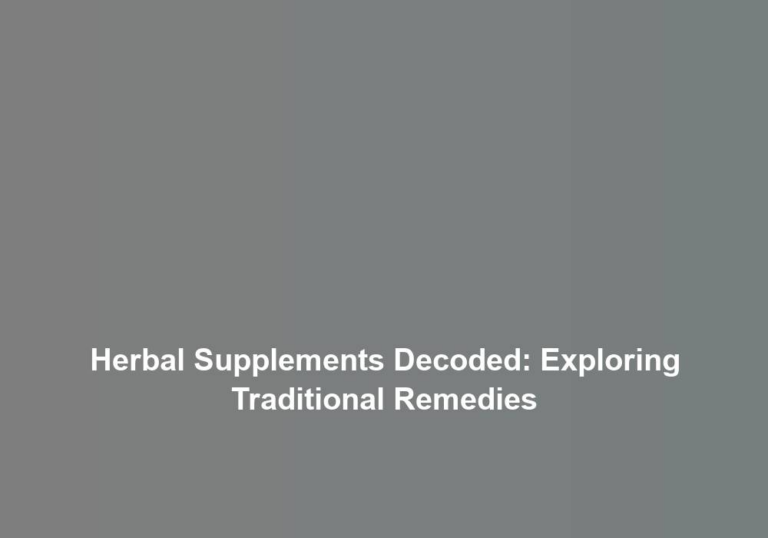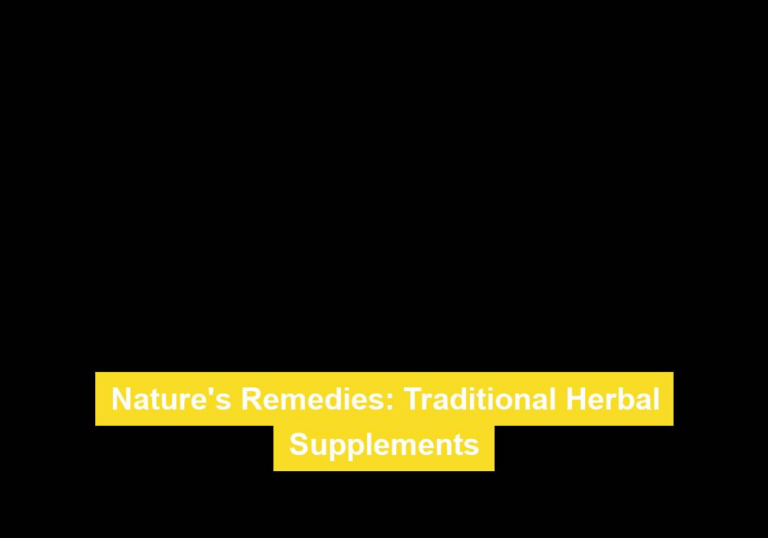Exploring Chinese Traditional Medicine: Ancient Remedies
YouG??ve probably heard of the ancient Chinese proverb, G??He who takes medicine and neglects diet, wastes the skill of the physician.G?? This wise saying reflects the deep-rooted traditions and holistic approach of Chinese Traditional Medicine (TCM). As you delve into the world of TCMG??s ancient remedies, youG??ll discover a rich tapestry of herbal treatments, acupuncture, and other time-honored practices that continue to captivate the interest of modern practitioners and researchers. But what makes these ancient remedies so enduring and relevant today?
History of Chinese Traditional Medicine
Chinese Traditional Medicine has a history dating back thousands of years, with its origins rooted in ancient Chinese philosophical and medical texts. Ancient practices and cultural influences have shaped the development of this traditional form of medicine, which continues to be an integral part of Chinese culture and identity. The rich history of Chinese Traditional Medicine reflects the deep connection between the Chinese people and their traditional healing practices.
The ancient practices of Chinese Traditional Medicine are deeply intertwined with the cultural beliefs and values of the Chinese people. Traditional Chinese medical texts, such as the Yellow EmperorG??s Inner Canon, date back over two millennia and form the foundation of this medical system. These texts not only describe the medical practices of the time but also provide insights into the philosophical and spiritual beliefs that underpin Chinese Traditional Medicine. The holistic approach of Chinese Traditional Medicine, which considers the interconnectedness of the body, mind, and spirit, is a reflection of these ancient cultural influences.
Cultural influences have also played a significant role in shaping the diagnostic and treatment methods within Chinese Traditional Medicine. Practices such as acupuncture, herbal medicine, and qigong have been passed down through generations, each influenced by the cultural norms and values of the time. As a result, Chinese Traditional Medicine is not just a collection of medical techniques, but a living embodiment of Chinese cultural heritage and identity. Embracing Chinese Traditional Medicine allows you to connect with the ancient practices and cultural wisdom that have stood the test of time.
Key Principles and Philosophies
Rooted in ancient Chinese philosophical and medical texts dating back over two millennia, the key principles and philosophies of Chinese Traditional Medicine form the foundation of this time-honored medical system. Central to these principles is the concept of Yin Yang, representing the dynamic balance between opposing but complementary forces in the universe and within the body. In Chinese Traditional Medicine, health is believed to be maintained when the Yin and Yang aspects are in harmony, while illness arises from their imbalance. This philosophy emphasizes the interconnectedness and interdependence of all things, including the human body and the environment.
Another fundamental principle is the concept of the Five Elements: Wood, Fire, Earth, Metal, and Water. These elements are believed to represent the various manifestations of Qi, the vital energy that flows through the body. Each element is associated with specific organs, seasons, emotions, and other aspects of nature and the human experience. Chinese Traditional Medicine seeks to balance the Five Elements within the body to promote health and well-being.
Common Ancient Remedies
Drawing from centuries-old wisdom, ancient remedies in Chinese Traditional Medicine have stood the test of time in promoting health and wellness. Herbal therapies and healing foods are key components of these ancient remedies, each with its own unique properties and benefits. Here are some common ancient remedies used in Chinese Traditional Medicine:
| Remedy | Description | Benefits |
|---|---|---|
| Ginseng | A root known for its energy-boosting properties | Enhances vitality and strengthens the body |
| Goji Berries | Small red berries packed with antioxidants | Supports immune function and eye health |
| Astragalus Root | Used to support the immune system | Helps the body adapt to stress |
| Ginger | A versatile root used for digestive support | Eases nausea and supports digestion |
These ancient remedies are often incorporated into daily life through teas, soups, and tonics. By integrating herbal therapies and healing foods into your routine, you can tap into the rich tradition of Chinese Traditional Medicine and experience the holistic benefits it offers. Whether youG??re looking to boost your energy, support your immune system, or improve your digestion, these ancient remedies can provide natural and time-tested solutions for your wellness needs. Embracing these remedies can help you feel connected to a tradition that spans centuries and find a sense of belonging within the broader community of those who value natural and holistic approaches to health.
Applications of Acupuncture
Ancient remedies in Chinese Traditional Medicine have paved the way for innovative applications of acupuncture, a practice that has gained recognition for its effectiveness in promoting holistic wellness. Acupuncture, rooted in the concept of balancing the bodyG??s energy flow, is applied through needling techniques based on the Meridian theory. By understanding this theory, acupuncturists can target specific points along the meridians to address various health concerns.
The needling techniques in acupuncture involve the insertion of thin needles into specific points on the body. This process aims to stimulate these points, encouraging the body to heal and restore balance. The Meridian theory, central to acupuncture, suggests that energy flows through specific pathways in the body. By targeting these meridians, practitioners can alleviate pain, reduce inflammation, and improve overall well-being.
Understanding the applications of acupuncture can provide a sense of belonging within the realm of holistic wellness. Through this practice, individuals can explore alternative methods for addressing their health needs, fostering a deeper connection with their bodies. Acupuncture offers a unique approach to wellness that resonates with those seeking natural and traditional remedies.
Incorporating acupuncture into your wellness routine can provide a sense of harmony and belonging as you explore the ancient remedies of Chinese Traditional Medicine. By embracing this practice, you join a community that values holistic well-being and the potential of ancient healing techniques.
Modern Relevance and Research
You can explore the modern relevance and ongoing research surrounding the practice of acupuncture, gaining insight into its evolving applications and scientific validation. In recent years, modern applications of acupuncture have expanded beyond traditional pain management to include areas such as mental health, digestive disorders, and even infertility. Scientific studies have shown promising results in these areas, shedding light on the physiological mechanisms behind acupunctureG??s effectiveness. For example, research has demonstrated how acupuncture can modulate the activity of certain brain regions involved in mood regulation, offering a potential alternative or complementary approach to treating depression and anxiety. Additionally, studies have indicated the role of acupuncture in promoting gastrointestinal motility and regulating inflammation, providing new avenues for addressing digestive conditions. Furthermore, in the realm of reproductive health, acupuncture has been linked to improved ovarian function and increased uterine blood flow, contributing to its use in fertility treatments.
As the body of scientific evidence grows, the modern relevance of acupuncture continues to expand, attracting interest from both patients and healthcare providers seeking alternative and integrative therapies. The integration of acupuncture into conventional medical settings, such as hospitals and rehabilitation centers, reflects the increasing recognition of its potential contributions to comprehensive care. Therefore, exploring the modern applications and scientific studies of acupuncture offers a deeper understanding of its relevance in contemporary healthcare practices.
Conclusion
So, now youG??ve taken a journey through the rich history and principles of Chinese Traditional Medicine. YouG??ve explored ancient remedies and learned about the modern applications of acupuncture. ItG??s clear that these ancient practices still hold relevance today, with ongoing research to support their efficacy. In the world of medicine, itG??s important to remember that G??old habits die hard,G?? and sometimes the oldest remedies are the most effective.


